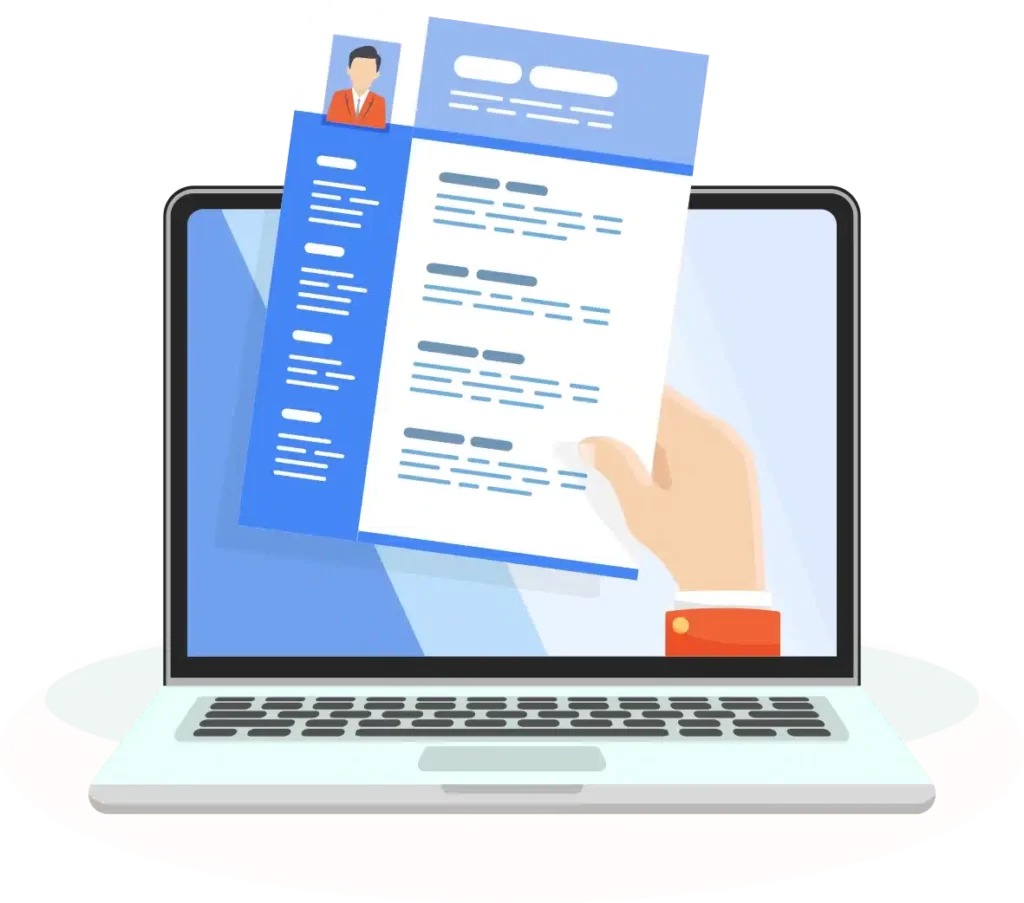Can You Work in the Netherlands with a Student Visa?
Studying abroad offers an invaluable opportunity to gain new perspectives, enhance your academic qualifications, and experience different cultures. The Netherlands is increasingly becoming a popular destination for international students. With its world-class institutions and vibrant society, many wonder: Can you work in the Netherlands with a student visa? In this article, we will explore the working possibilities for students in the Netherlands, the types of visas available, and some essential guidelines to make the most of your experience.
Understanding the Dutch Student Visa
Before delving into the working aspects, let’s clarify the types of student visas available in the Netherlands. The primary visa for international students is the MVV (Machtiging tot Voorlopig Verblijf), which translates to 'Authorization for Temporary Stay.'
Types of Student Visas
-
MVV (Authorization for Temporary Stay): This visa is for students who plan to stay in the Netherlands for longer than 90 days. It allows you to enter the country and stays until your studies are complete.
-
Residence Permit for Study: After arriving in the Netherlands with an MVV, you're usually required to apply for a residence permit. This permit allows you to legally reside and study in the Netherlands but comes with specific regulations regarding work.
Conditions for Working with a Student Visa
Students holding an MVV and residence permit can work in the Netherlands under certain conditions. Here are some key rules:
-
Work Hours: International students can work up to 16 hours a week during academic terms. However, during the summer months (June, July, and August), students are allowed to work full-time (up to 40 hours a week).
-
Work Restrictions: It's crucial to note that the types of jobs available may be limited. Students often find part-time work in sectors such as hospitality, tutoring, or retail, where the demand for workers is high.
-
Tax Implications: If you earn above a certain threshold, tax obligations may arise. Be sure to familiarize yourself with the Dutch tax regulations to avoid any surprises.
Benefits of Working While Studying
Working while studying can be a fantastic opportunity for international students. Here are several benefits that come with combining work and study:
Financial Support
Many students depend on part-time jobs to help cover living expenses, tuition fees, and other academic costs. Although tuition fees in Holland are typically lower than in English-speaking countries, living costs can accumulate quickly. A part-time job can significantly ease this financial burden.
Gaining Experience
Having work experience can greatly enhance your employability after graduation. Employers in the Netherlands appreciate graduates who have not only academic qualifications but also practical experience in their fields of study. By working while studying, you will develop valuable soft skills such as communication, teamwork, and problem-solving, which are highly sought after in the job market.
Networking Opportunities
Working in the Netherlands can dramatically expand your professional network. Making connections with local professionals can offer insights into your desired industry, help you gain valuable mentorship, and even secure job opportunities post-graduation.
Help with Language Skills
For students studying in the Netherlands, working can provide a platform to improve language skills. Many Dutch people speak English, but having a job can encourage you to practice your Dutch, making you more competitive in the local job market.
Finding Employment in the Netherlands
Resources for Job Searching
Now that you understand the benefits and regulations of working while studying, the next step is to find a job. Here are some of the most effective resources for job hunting in the Netherlands:
Online Job Boards
The internet makes job searching easier than ever. Several online platforms cater specifically to students and international workers. Some of the most popular job portals include:
- Indeed.nl: A general job search engine that lists opportunities across various sectors.
- StudentJob.nl: Specifically designed for students, this platform offers part-time jobs and internships.
- LinkedIn: A professional networking site where you can find job listings as well as connect directly with recruiters.
University Career Services
Many universities in the Netherlands have career services that can help students find part-time employment. These services often provide tips on crafting your CV, preparing for interviews, and accessing exclusive job listings.
Networking Events
Attend local job fairs or networking events tailored for international students. These events serve as excellent opportunities to meet potential employers and learn about job openings that might not be advertised online.
Example Industries for Students
Some industries are particularly friendly toward students seeking part-time work. Here are a few sectors that commonly hire students:
-
Hospitality: Restaurants, cafes, and hotels often seek part-time staff, making this industry a good choice for flexible hours.
-
Retail: Stores frequently offer part-time positions, especially in urban areas with high foot traffic.
-
Tutoring: If you excel in specific subjects, providing tutoring services can be a lucrative way to earn money.
-
Internships: Many companies offer internships that can provide both practical experience and income. These roles may vary from part-time to full-time, providing valuable work experience.
Tips for Securing Employment
Here are a few recommendations to help you land your dream job while studying in the Netherlands:
-
Tailor Your CV: Make sure your CV highlights your relevant experiences and skills. Consider using standardized models like the Harvard CV format to ensure clarity and professionalism.
-
Practice Your Dutch: If you can, learn some basic Dutch phrases. While many companies are comfortable speaking English, making an effort to learn the local language can set you apart from other candidates.
-
Be Flexible: Students often have unpredictable schedules, and employers appreciate flexibility. Be open to working different shifts and hours to increase your chances of securing employment.
-
Network: Building professional relationships can lead to job opportunities. Attend career events and engage actively with people in your field of study.
Challenges and Considerations
While working in the Netherlands as a student can be rewarding, there are challenges that require careful planning. Here are a few considerations:
Work-Life Balance
Balancing work, studies, and personal life can be challenging. It’s crucial to prioritize your academic commitments and be mindful of how much work you take on. Avoid overcommitting yourself, as this can lead to burnout and negatively impact your studies.
Cultural Differences
Working in a foreign country sometimes comes with cultural differences that may be surprising. Understanding local workplace etiquette and adjusting to the Dutch working environment is essential for successful integration. Establish open communication with your colleagues and be willing to adapt to new work cultures.
Time Management
Effective time management is crucial for successfully juggling work and studies. Use planners or apps to keep track of deadlines, commitments, and work shifts.
Health Insurance
As a foreign student in the Netherlands, you are required to have health insurance. If you work part-time, this requirement may vary based on your income, so consult local regulations to ensure compliance.
Conclusion
In summary, working while studying in the Netherlands is an achievable goal for international students, particularly those holding an MVV and residence permit. By adhering to the regulations regarding working hours and constraints, you can gain valuable work experience, improve your financial situation, and build a professional network that may benefit you long after you graduate.
If you are looking to enhance your chances of landing a part-time job, consider creating an impactful CV. We have an effective CV template based on the Harvard model, complete with guidelines and recommendations to help you craft an excellent document that stands out to potential employers.
For more details, feel free to download our curated CV template at this link. Good luck in your studies and job search in the Netherlands!





